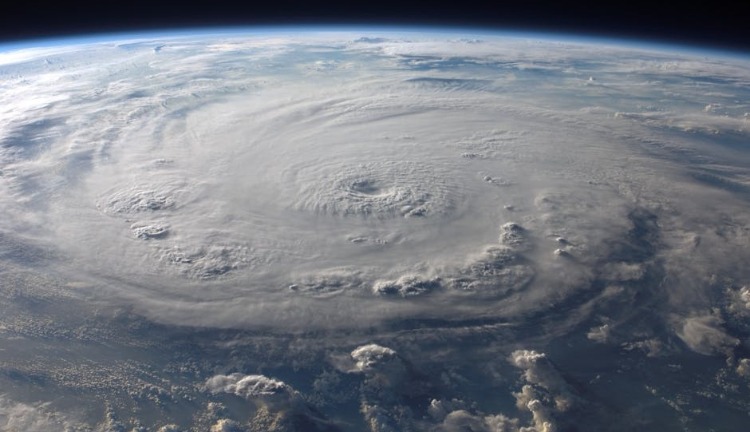As the climate changes around us, adverse weather conditions are becoming all the more common. Just recently, the US and its territories have had to deal with the aftermath of three major hurricanes in Harvey, Irma, and Maria. These events are likely to become more frequent as the earth warms, which is why even areas of the country that have never had to plan for natural disasters may now have to learn how to prep.
Hurricanes are unique in that we tend to have warning of them, unlike tornadoes or earthquakes which tend to develop in seconds. This warning means residents can abandon their homes in search of safer climes. There are other reasons outside of hurricanes that may require you to abandon your home, including flood risks due to non-hurricane rain, or even heatwaves. If you receive an evacuation order, the general rule of thumb is to obey — but what will you be coming home to?
To give you the best chance of being able to rebuild after having to evacuate your home, it’s worth taking the time to memorize the list below. This list doesn’t take long to run through, but could ensure that your home stays as safe as possible in the event of a natural disaster.
Move Essentials To The Upper Floors
If there’s any chance that your home will experience flooding — which is always the case with hurricanes and storms — then clearing the ground floor of your home is a wise idea. Pack as many essential and expensive items as possible into the bathroom; it tends to have the smallest window, which you can also board up for extra protection.
Empty The Fridge/Freezer
There’s no point wasting food, so empty it out and donate anything you can’t take with you. You’ll definitely want an empty freezer before you implement step three, too…
Disconnect Power To All Areas, Bar One
Of course, the one aspect you want to ensure continues to receive power is your home security. When you have gone to the hassle of consulting with sites like https://homesecuritysystem.co, choosing a system that works for you, and having it installed, then you want that system to be able to be able to work when you need it most. Be very cautious when disconnecting power, so you’re sure you don’t knock your entire home security range offline. Looting is, sadly, a real problem after natural disasters; a good security system might at least act as a deterrent.
Lay Sandbags Wherever Possible
If your home is going to fall victim to flooding, then there’s relatively little that you can do to outright stop the problems water can cause. However, liberal use of sandbags as described on http://hunker.com can at least help to mitigate the damage caused. Sandbags are often used outside, but can also help to seal off interior rooms to prevent the spread of floodwater — it’s worth trying, at the very least.
With these precautions in place, your home stands a good chance of getting through any predictable natural disaster in good shape.

